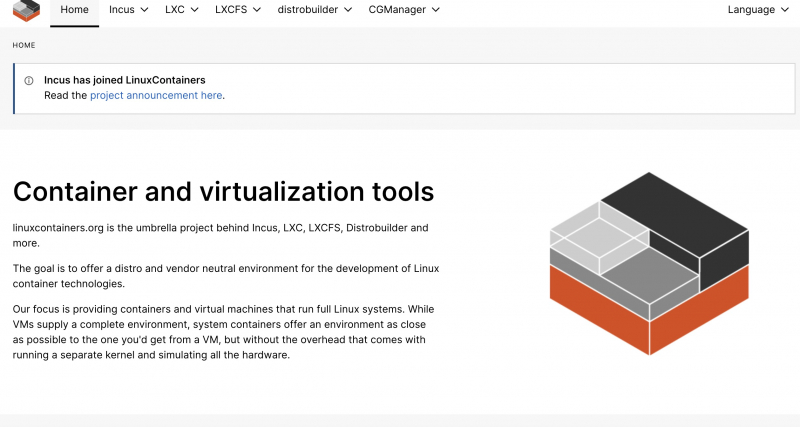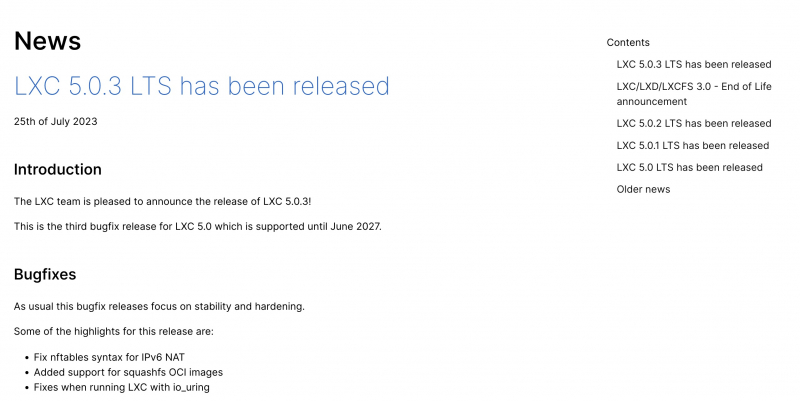LXC

LXC or Linux Containers is an operating system-level virtualization technology for Linux. It allows you to run multiple independent Linux operating systems on the same server. LXC is seen as a docker alternative to hypervisors and is used quite a bit in running data-intensive applications.
LXC containers are lightweight and resource efficient. Each container operates completely independently of other containers, creating isolation between applications and services. This helps ensure isolation and security between applications.
LXC is also part of the base of container runtimes like containers and Rocket, which help manage and run containers in Kubernetes environments. LXC provides management tools to create, launch, stop, delete, and manage containers. These tools help manage a large number of containers efficiently.
Overall, LXC is a flexible and powerful OS-level virtualization technology for Linux. It is suitable for many applications, especially when you need to integrate and manage Linux containers directly on a physical server.
Features:
- Filesystem Isolation
- Resource Isolation
- Operating System-Level Virtualization
Pros:
- LXC shares the kernel operating system with the original server and optimizes performance.
- You can use Docker, Containerd, or other runtimes with LXC.
- LXC works on many versions of the Linux operating system.
Cons:
- There is no native integration for other systems such as Windows.
- LXC requires deep and advanced knowledge of the Linux system, which is disadvantageous for new users.
Founded: 2008
Website: https://linuxcontainers.org/











